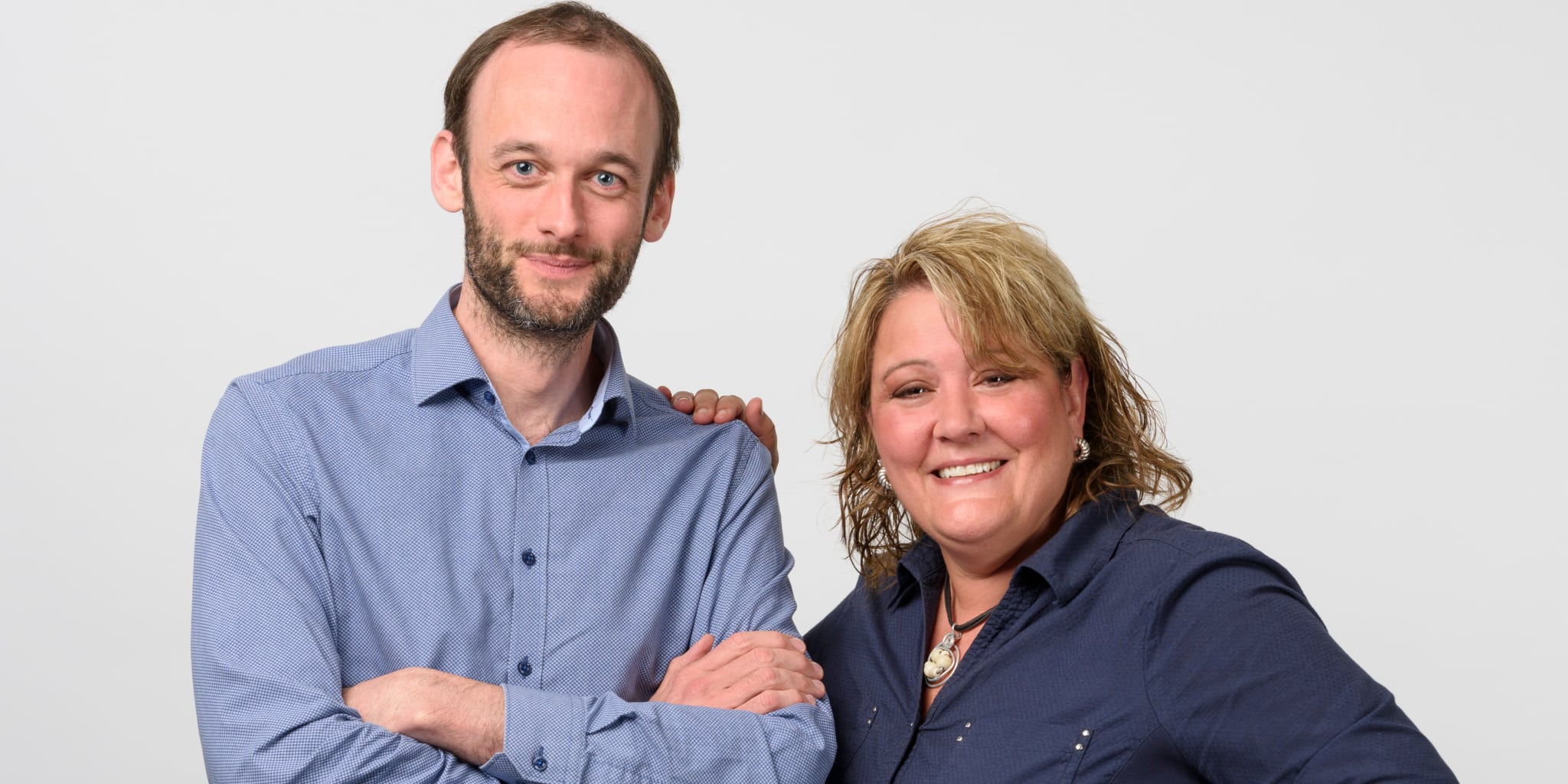
The next Nimbus? Head of billion-dollar drug program launches HotSpot with $45M A round
Remember that billion-dollar drug idea that got little Nimbus on Gilead’s radar back in 2016? Well, the folks behind that drug are building a …
Sign up to read this article for free.
Get free access to a limited number of articles, plus choose newsletters to get straight to your inbox.